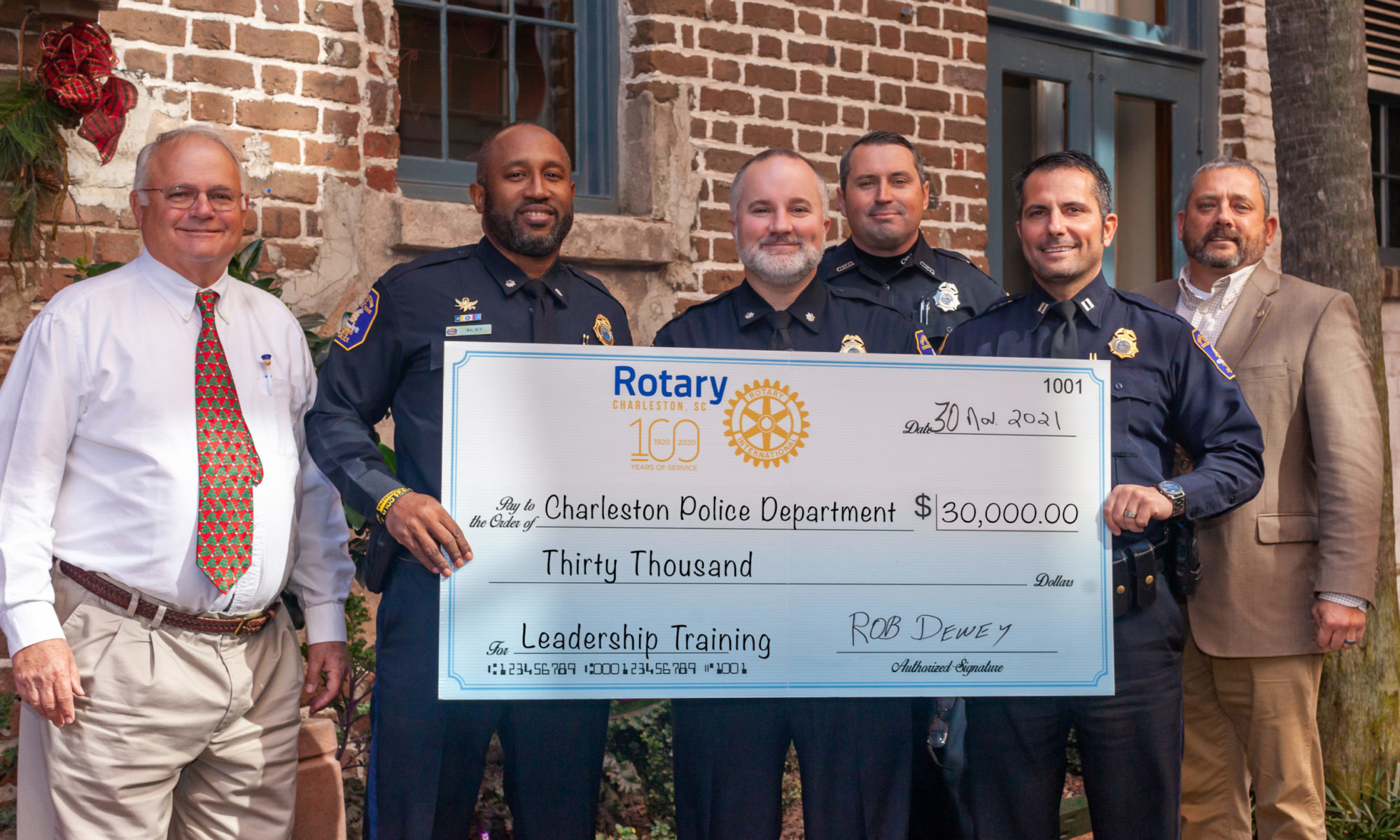October 18, 2016: This week’s feature speaker was Rae Wooten, Charleston County Coroner.
Born in Columbia, her family moved to Charleston 1973. She received a Bachelor of Science in Nursing. In 2006 she was chosen by Governor to be Coroner when the previous Coroner resigned. After serving in the capacity she was elected Coroner in Nov. 2008.
Ms. Wooten stated that a large part of her job is conducting interviews, researching records, etc. on deaths. She also teaches about ‘death investigations’ across the country and is a Fellow of the American Board of Medicine / Death Investigators, etc.
Drug deaths are big problem in SC and on the rise. Charleston has a problem that is same for the entire country: Heroin. Heroin cases have dramatically increased in recent years. 28+ heroin deaths in 2016 alone. There have been between 17 to 20 other “opiate” / prescription deaths. Her message is that we need to teach kids the dangers of drugs/addition. We simply can’t build enough rehab centers, hospitals, etc. When talking to kids, she likes to related drugs to Solo cups, telling them if they saw a cup on the street filled with a liquid they wouldn’t drink it, yet drugs are the same thing. They have no idea where the drugs come from.
Heroin is particularly dangerous because very few heroin addicts get clean and stay clean. Just takes one try to get addicted. There is a big push to review physician’s prescription practices because prescription opiate abuse is on the rise.
The problem is real. 1 in 5 high school students misuse prescription drugs. We have a 34% higher opiate death rate in Charleston than national average. 80% heroin addicts start with prescription opiates. Today’s heroin is 300x as potent as 1981.
She stated there are simple things we can do to help stem the tide against prescription abuse:
1. Don’t save old prescriptions – destroy them.
2. Find locations where you can drop-off anonymously and they get destroyed.
3. Tell your physician to limit the quantity they prescribe and you can get it refilled if needed.
4. Store drugs in locked cabinets to keep them from being abused or even sold on the street to others.
— Steve Coe, Keyway Committee


